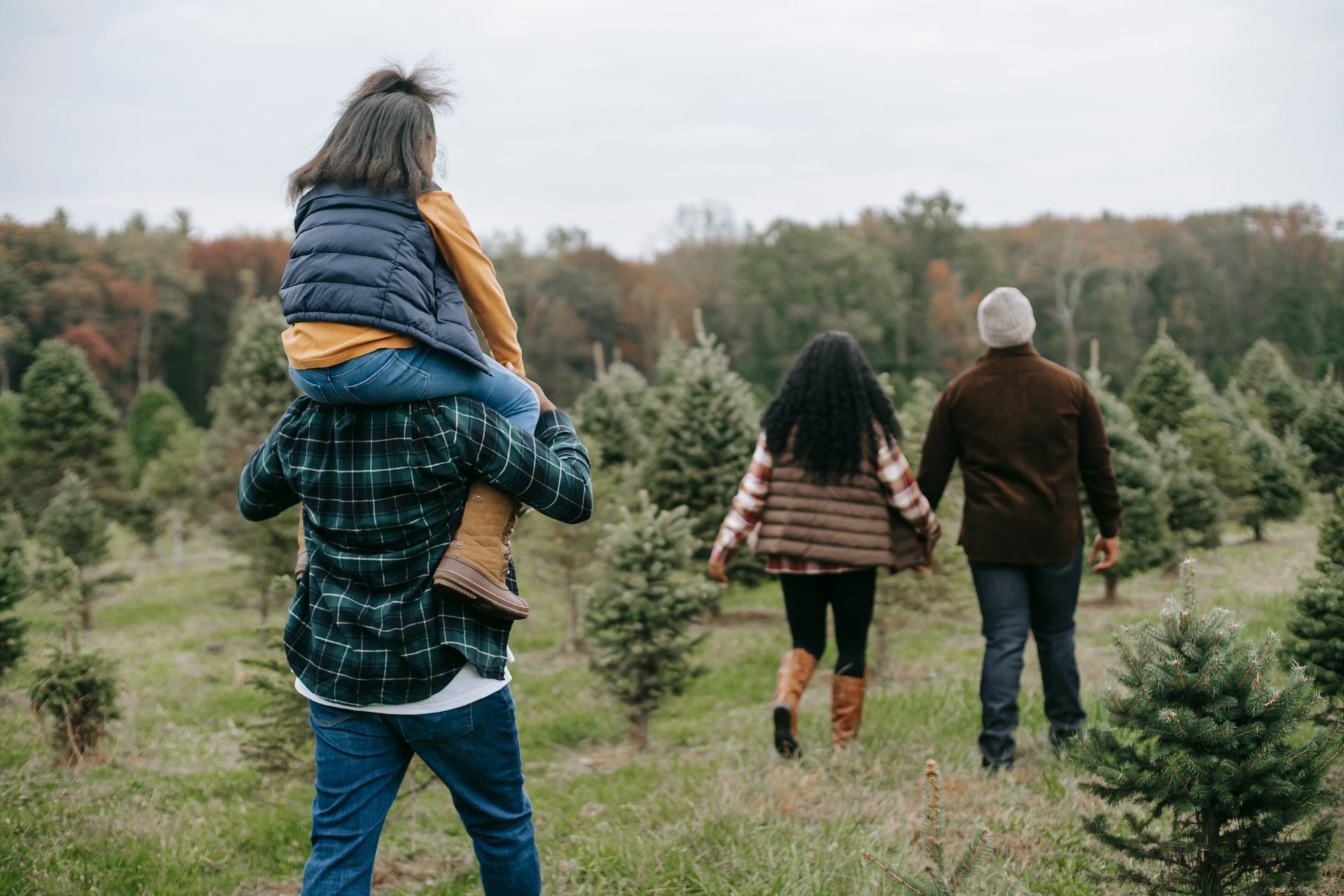February 23 Newsletter
The four-day week is gaining momentum – could it boost your business?

The four-day work week is a winner – or at least that’s the result from a major pilot program conducted at 33 international businesses.
With employees working only four days, the companies involved saw a 38% increase in revenue year-on-year, despite no reduction in pay for employees. Every single business involved in the trial is sticking with the four-day week, and employees loved their day off so much that most said they’d need a significant pay rise to go back to working five days.
Maybe it’s time to think about whether it could work at your business; let’s take a look at the pros and cons of working 80% of the time for 100% of the pay.
The advantages of the four-day week :
- It improves staff morale, wellbeing and retention.
- It can cut overheads by up to 20%.
- Productivity is likely to remain at 100%; some studies show an increase.
- It’s easier to recruit new team members.
- Emissions created by commuting will reduce.
The disadvantages of the four-day week:
- Your total revenue may suffer.
- It simply won’t work for many businesses, particularly those focused on customer service.
- You’ll have to decide whether to limit your operating hours or try to manage workers’ schedules and workloads to allow a four-day work week to succeed.
- We don’t have long-term studies of the positive effects on staff morale – there are some indications that it may fall back to the baseline over time.
- Squeezing more into four days of work could prove stressful for you and your team.
We can help you run the numbers
If you’re considering a four-day week or another flexible arrangement, we can help. It’s useful to identify your least profitable days, for instance, if you plan to simply shut up shop for one weekday. Or we can help you figure out optimal staffing requirements based on revenue streams.
Our team can work with you to do a cost-benefit analysis of what a four-day work week might look like for your business, discuss how you can change the way your business operates – and help you reap the rewards.
Why your business needs a digital marketing specialist

Has your business kept pace with the digital revolution when it comes to ecommerce, online marketing, social media marketing and customer experience?
24.5% of sales are expected to be made online by 2025, according to recent predictions from Shopify. So, if online is the place to be when looking for targets, customers and conversions, what's your current strategy for achieving this? And do you have the skills in the business to bring your marketing and customer strategy into the digital age?
Where a digital marketing specialist adds value
Digital sales and ecommerce have both evolved at a frantic pace over the past decade. There are now estimated to be 2.14 billion online shoppers globally, and that’s a gigantic audience for you to engage with, convert and turn into paying customers.
But to do this effectively, you need a digital marketing specialist to help you maximise your online interactions. This might be an in-house role that you create, or it may be a freelance position that you use to expand your company’s marketing abilities. If you have the budget, you might even partner with a digital marketing agency – the choice is yours.
The point is that having a digital marketing specialist on your team is a huge benefit for businesses that want to dip into this giant online market.
Your specialist can:
- Improve your online presence and digital platforms – this could mean updating your company website, revamping existing content or sales landing pages, or improving your underlying digital strategy. Small, incremental changes can make a huge difference to your marketing and conversion rates – which eventually translates into better sales, improved revenues and a more profitable business model.
- Refine your SEO skills and capabilities – search engine optinisation (SEO) is all about improving the chances of you engaging with your target audience. A specialist can help you craft better SEO titles and SEO descriptions for your pages. And they can provide targeted keywords and search terms that push your ads, blog posts and marketing content higher up the Google search results.
- Make the most of social media – social media is going through a turbulent time at present. But maximising your social media presence is still a great way to grow a following and get your brand name out there in the marketplace. With better social media skills, you can post content more regularly, improve your interactions with customers and up your follower count. As a two-way channel for customer communication, social is an area that can reap great rewards if you have someone driving your social strategy.
- Use targeted digital advertising – advertising in the digital age can be targeted incredibly specifically. An advertising specialist can help you identify your key audiences and then break these down by key demographics like age, location, occupation and interests etc. If you want to target Gen Z customers from London who are regular gym-goers, targeted advertising can do this. It’s one the quickest ways to get your advertising in front of the right eyes, increasing your chances of making a sale.
- Improve your customer experience – when customers interact with your brand, they want to have a smooth and helpful experience. Working on your customer experience (CX) is one of the most important ways to boost your customer satisfaction levels as a business. A CX specialist will help you look at your processes, your online presence and your customer interactions, with a view to making your brand a happier and more satisfying experience for new visitors and valued customers.
If you are looking to invest in marketing, or bring on marketing staff, talk to us. We can help with your cashflow and sales projections so you can make an informed choice.









